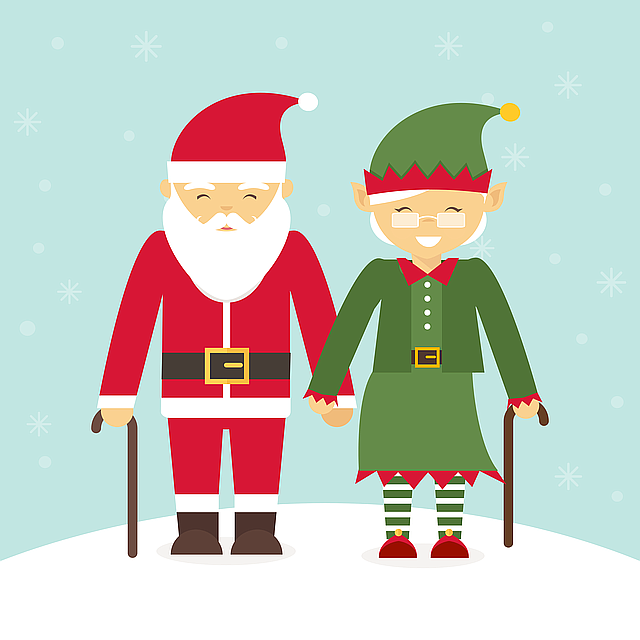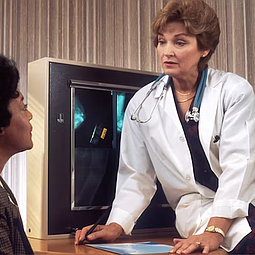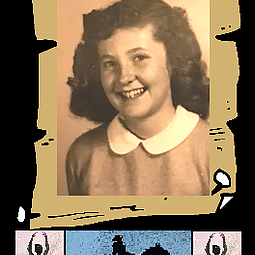Home for the Holidays: Signs Your Loved One May Need Added Care
December 18, 2022 at 12:00 p.m.
The holiday season is all about spending quality time with your nearest and dearest. It is also a great time to check in on the aging loved ones in your life.
While the thought of a parent, grandparent, or another close family member growing older is one you may want to avoid, it’s incredibly important to watch them year over year. While there are many expected changes that come with age, some signs can mean it’s time to seek added care.
Here are a few lesser-known signs to keep an eye out for as you spend time with loved ones this year.
Excessive Fears or Worries
Is your loved one becoming increasingly worried, isolating more from friends and families, sleeping more, or less interested in activities that previously brought them joy? If so, this may be a sign of a developing mental health issue, such as depression or anxiety. Mental health changes are common among older adults with an estimated 7 million American adults over the age of 65 experiencing depression each year. It may be difficult for your loved one to acknowledge feeling more stressed or depressed, so find a time to talk to them when they are relaxed and can feel comfortable opening up. If they decide that they do want professional support, seek out a licensed mental health therapist. There are many online options if you are unable to find someone in your local community.
Taking More Breaks
Have you noticed your loved one sitting or lying down more than usual, going to bed a lot earlier after a day of family fun, or even leaning on sideboards, the backs of chairs and other furniture to get support while moving around the house? It could be that your loved one is experiencing challenges with mobility, which may increase their risk for falls. Another reason could be cardiovascular-related if they are losing their breath or feeling tired after only walking a short distance. Pay attention to your loved ones’ activity level. If it is mobility-related, consider modifying their home and helping them find resources for strength training that could improve their balance. For cardiovascular disease, ask your loved one if they have discussed it with their physician or help them schedule a check-up.
Changes in Appetite or Weight Loss
Is your loved one no longer enjoying their favorite holiday recipe, or are eating less in general? Gastrointestinal issues may be the culprit and can lead to larger concerns later including rapid weight loss, nutrient deficiencies and more. Have a conversation to help protect their digestive health and consider working with a registered dietician or nutritionist on simple changes they can make in their diet. If you notice their clothes are becoming increasingly looser or the belt notch is changing consistently to a tighter notch, it may be time to make your loved one an appointment to see their primary healthcare provider to determine if there is a more serious medical concern.
As you watch for these signs and anything else that may seem out of the ordinary, aim to keep a written list to discuss with your loved one and possibly a care provider. Remember that if their health and quality of life have declined considerably, it may be the time to have a larger discussion about their care. This could include moving in with family, finding the right senior housing community, or coordinating in-home care. Respite care is also an option if you are interested in trying out a care option and seeing how your loved one may respond.
No matter what, the best thing you can do is explore resources and help as soon as you recognize a potential issue so you and your loved one can get the support you need right away.





